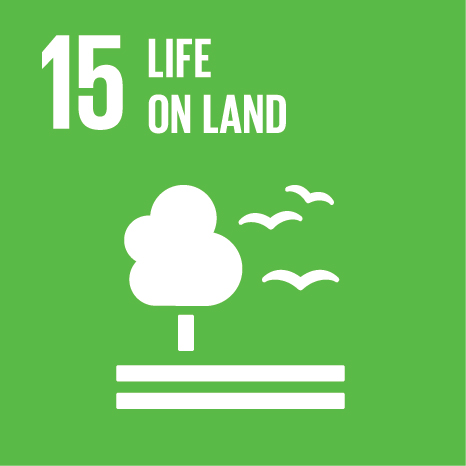Ciência_Iscte
Publications
Publication Detailed Description
A socio-technical approach to the assessment of sustainable tourism: adding value with a comprehensive process-oriented framework
Journal Title
Journal of Cleaner Production
Year (definitive publication)
2019
Language
English
Country
United Kingdom
More Information
Web of Science®
Scopus
Google Scholar
This publication is not indexed in Overton
Abstract
Despite the increasing interest in sustainable tourism (ST), the actual implementation of sustainability practices within the tourism sector remains sporadic. Performance evaluation has emerged as a viable solution for this problem, but no universal ST assessment model has yet been developed for this purpose. Various authors have proposed different approaches, but these still exhibit limitations, especially regarding criteria selection and weighting. This study sought to create an assessment system for ST by combining cognitive mapping and the Choquet integral (CI), providing a rational, transparent foundation for the selection and weighting of evaluation criteria. The development of the proposed assessment system involved group meetings with a panel of ST experts, as well as a final validation session with a senior representative of the Portuguese Tourism Confederation. The results of a practical application of the system developed show that its process-oriented nature facilitates the ranking of tourism regions according to their degree of sustainability (i.e., Lisbon and Tagus Valley is the Portuguese tourism region with the most ST, whereas Alentejo comes last compared to the other alternatives). No prior research was found that has applied cognitive mapping and the CI in this study context, and new insights into ST can be obtained through an analysis of the cause-and-effect relationships between evaluation criteria. The contributions and implications of the proposed system are also discussed.
Acknowledgements
--
Keywords
Tourism,Sustainability,Sustainable tourism,Cognitive mapping,Choquet integral
Fields of Science and Technology Classification
- Economics and Business - Social Sciences
Contributions to the Sustainable Development Goals of the United Nations
With the objective to increase the research activity directed towards the achievement of the United Nations 2030 Sustainable Development Goals, the possibility of associating scientific publications with the Sustainable Development Goals is now available in Ciência_Iscte. These are the Sustainable Development Goals identified by the author(s) for this publication. For more detailed information on the Sustainable Development Goals, click here.

 Português
Português



